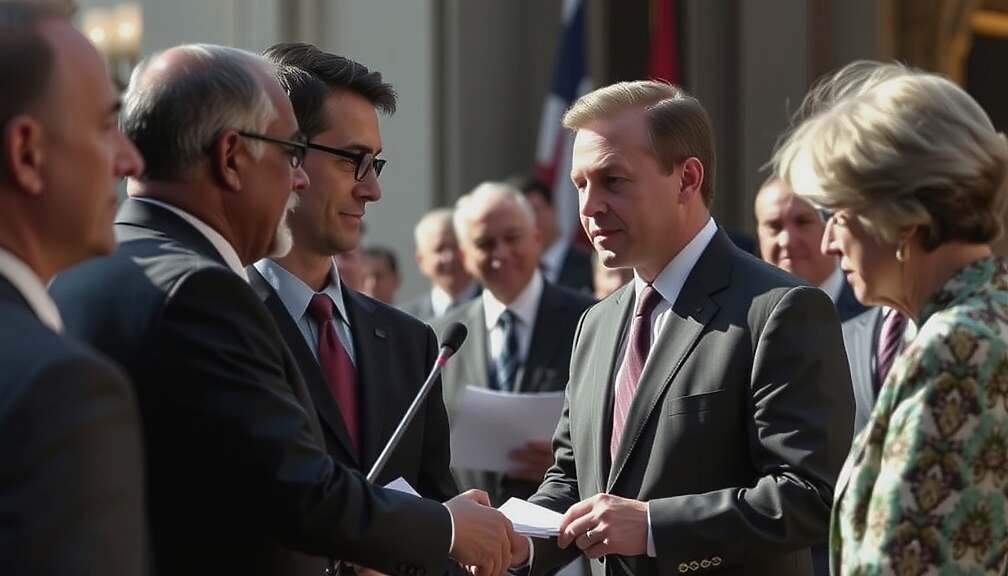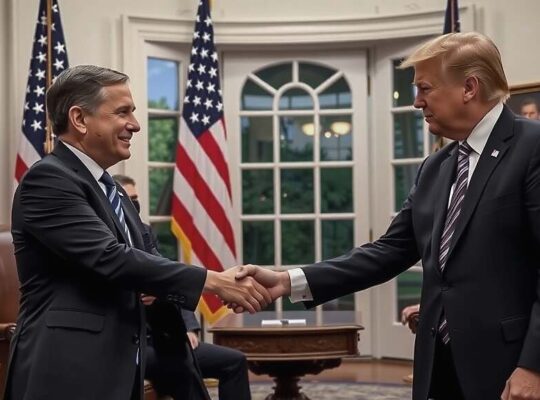The resolution announced by US President Donald Trump following a meeting with Chinese President Xi Jinping regarding rare earth export controls has drawn immediate scrutiny and skepticism, raising questions about the true scope and implications of the purported agreement. While Trump declared the “entire question of rare earths is settled and that applies to the whole world” he offered no specifics regarding the concessions secured from Beijing.
The trade of rare earth minerals has emerged as a critical flashpoint in the increasingly tense relationship between the United States and China. China’s dominance in the processing of these vital minerals, crucial for a wide range of industries from electronics to renewable energy, has given it significant leverage. Recent tightening of export controls by Beijing, a move that has also impacted the European Union, underscored this advantage and amplified concerns about supply chain vulnerabilities.
Trump’s assertion that “this obstacle is now removed. There are absolutely no more obstacles regarding rare earths” sounds deceptively straightforward. However, independent analysts are questioning whether Beijing has genuinely retracted all restrictive measures. The lack of transparency surrounding the agreement’s detail makes independent verification impossible, breeding suspicion that a public relations victory might be prioritized over tangible policy changes.
The move also raises broader political questions. Critics argue that the US’s dependence on Chinese rare earth processing highlights a strategic weakness that requires diversification of sources and investment in domestic extraction and refining capabilities – a longer-term solution seemingly sidelined by a purportedly quick resolution. The agreement, as presented, risks masking the underlying issue and delaying necessary investment in securing supply chain resilience. Furthermore, the ambiguous nature of the “settlement” leaves other nations vulnerable to similar leverage should China choose to reassert control, indicating a potentially superficial resolution to a strategically important issue.












